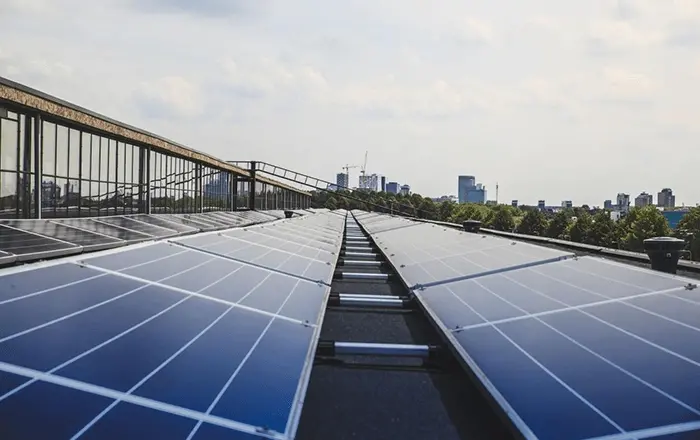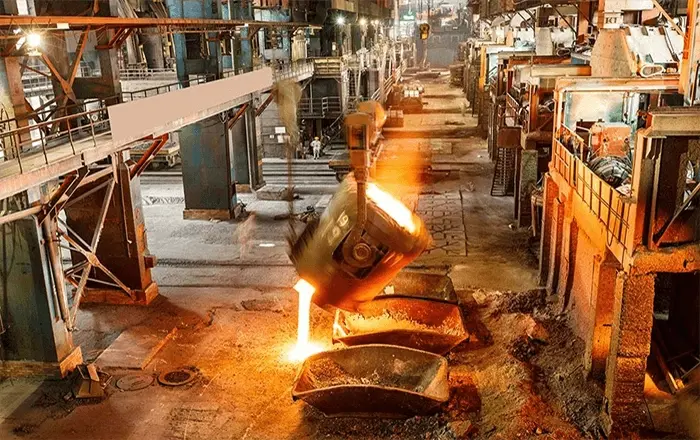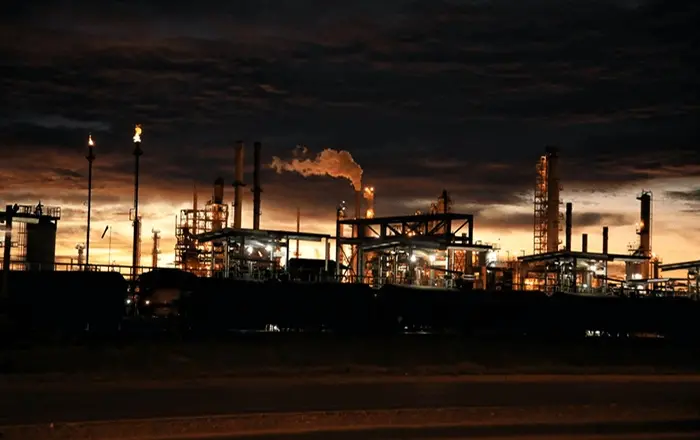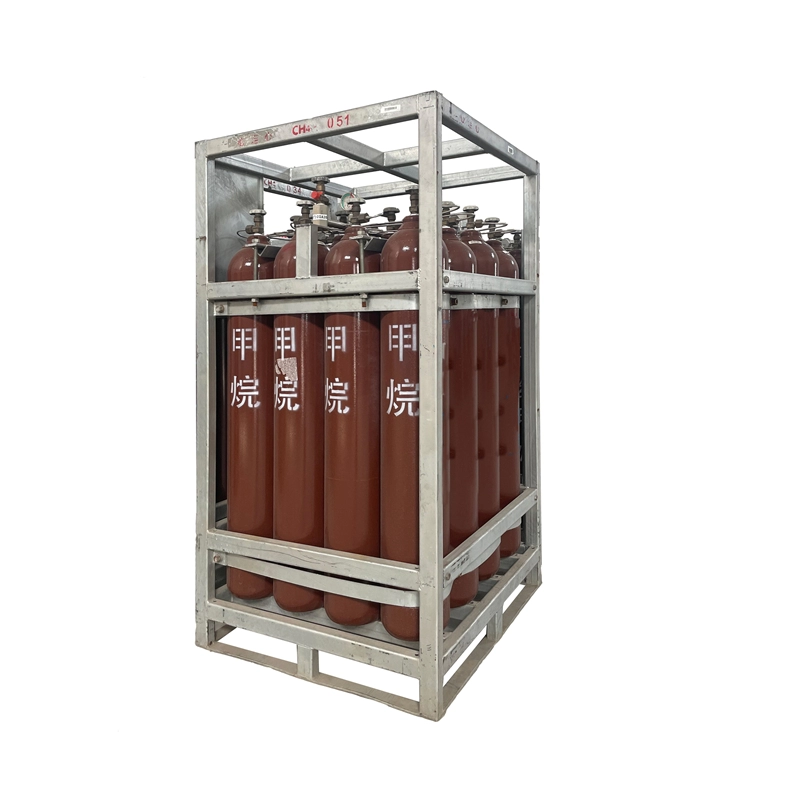Other specifications of packaging can be provided according to customer requirements
Unlocking the Potential of Gas Bulk Transportation: The Future of Efficient Energy Delivery

Gas Bulk Transportation: A Game-Changer in Energy Delivery
Introduction
The energy industry is constantly evolving to meet the increasing demand for more sustainable and efficient energy sources. As we transition towards a greener future, it becomes crucial to explore innovative methods of energy transportation. One such emerging trend is gas bulk transportation, which holds great promise in revolutionizing the way we deliver energy.
What is Gas Bulk Transportation?
| bulk gas |
Gas bulk transportation refers to the transport of natural gas or other gases in large quantities using specialized tankers or pipelines. Unlike traditional smaller-scale methods, gas bulk transportation offers significant advantages in terms of efficiency, sustainability, and cost-effectiveness. This article delves into the key benefits, challenges, and future prospects of this transformative mode of energy transport.
Benefits of Gas Bulk Transportation
1. Enhanced Efficiency: By transporting gases in bulk, significant economies of scale can be achieved. Larger volumes enable more efficient use of infrastructure, reducing transportation time and costs. This efficiency translates into increased accessibility to energy sources for end-users.
2. Reduced Carbon Footprint: Gas bulk transportation offers a more environmentally friendly alternative to conventional energy delivery methods. The use of specialized tankers or pipelines ensures minimal greenhouse gas emissions, contributing to a greener and more sustainable energy sector.
3. Cost-Effectiveness: Due to its efficient nature, gas bulk transportation can lead to cost savings for both producers and consumers. Reduced transportation costs and increased competition in the market can result in more affordable energy prices, benefiting businesses and households alike.
Challenges and Potential Solutions
While gas bulk transportation provides numerous benefits, it also presents some challenges, which need to be addressed for its widespread adoption.
1. Infrastructure Development: The establishment of a robust and extensive infrastructure network is crucial for the success of gas bulk transportation. Investing in the construction of pipelines, storage facilities, and loading/unloading terminals is essential to ensure seamless transportation and distribution.
2. Safety and Security: As with any transportation method, ensuring the safety and security of gas bulk transportation is paramount. Stringent regulations, regular inspections, and advanced monitoring systems are necessary to prevent accidents and mitigate risks.
3. Environmental Concerns: While gas bulk transportation is more eco-friendly than traditional methods, leakage and accidental releases can still pose environmental risks. Therefore, continuous improvement in leak detection technologies and best practices for prevention and mitigation is crucial.
Future Prospects
The future of gas bulk transportation looks promising, with several key developments and opportunities on the horizon.
1. International Energy Trade: Gas bulk transportation opens up new possibilities for international energy trade, allowing countries to tap into diverse energy sources and reduce reliance on a single supplier. This diversification enhances energy security and fosters economic cooperation on a global scale.
2. Integration with Renewable Energy: Gas bulk transportation can play a vital role in supporting the integration of renewable energy sources into the existing energy infrastructure. It enables the storage and transportation of excess renewable energy, making it available during peak demand periods, thus ensuring a more stable and reliable energy supply.
3. Technological Advancements: Advancements in gas processing technologies, pipeline materials, and digitalization offer further opportunities for improving the efficiency and safety of gas bulk transportation. These innovations will unlock the full potential of this mode of energy delivery and drive the energy industry towards a greener, more sustainable future.
Conclusion
Gas bulk transportation represents a paradigm shift in energy delivery, offering enhanced efficiency, reduced carbon footprint, and cost-effectiveness. While challenges exist, investments in infrastructure, safety measures, and environmental protections mitigate risks. With its vast potential for international trade and integration with renewable energy sources, gas bulk transportation is poised to shape the future of energy transportation. Embracing this transformative mode will not only benefit the energy industry but also contribute to a more sustainable and greener world.



















